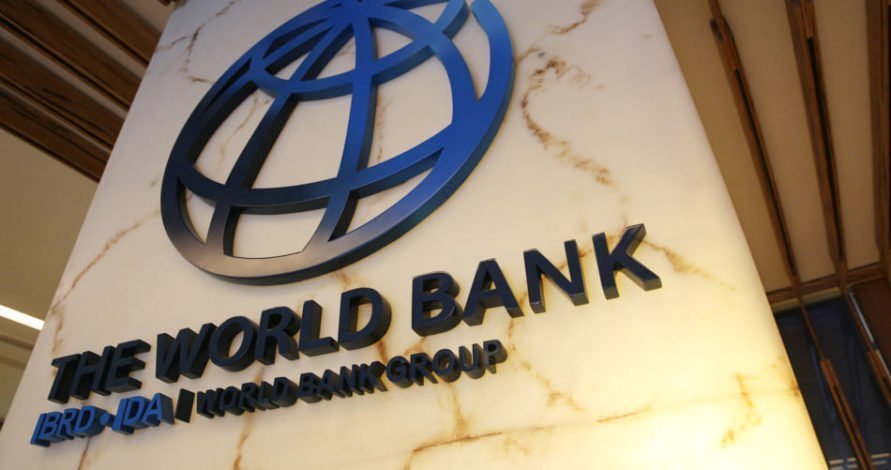This is weaker than previous projections, reflecting softer external demand, lower oil prices, and a slower-than-previously-expected improvement in oil production in view of the lack of much-needed reforms.
“Growth in Nigeria is expected to remain subdued. The macroeconomic framework—characterized by multiple exchange rates, foreign exchange restrictions, high persistent inflation, and a central bank targeting manifold objectives—does not provide a firm anchor for confidence”.
The report said Growing uncertainty about the direction of government policies is expected to further dampen the outlook.
Nigeria’s Gross Domestic Product grew by 2.28 per cent (year-on-year), in real terms, in the third quarter of 2019, according to the National Bureau of Statistics (NBS).
In sub-Saharan African region, growth is expected to firm to 2.9 percent in 2020, and accelerate further to an average of 3.2 percent in 2021-22, the Bank said.
The pickup assumes that investor confidence improves in some large economies, that energy bottlenecks ease, that a pickup in oil production contributes to a cyclical recovery among industrial commodity exporters, and that robust growth continues among exporters of agricultural commodities. However, the forecast for 2020-22 is 0.4 percentage point lower than previously projected, reflecting weaker demand from key trading partners, lower commodity prices, and adverse domestic developments in several countries.
Growth in sub-Saharan Africa moderated to a slower-than-expected 2.4 percent in 2019. Activity was dampened by softening external demand, heightened global policy uncertainty, and falling commodity prices.
“With growth in emerging and developing economies likely to remain slow, policymakers should seize the opportunity to undertake structural reforms that boost broad-based growth, which is essential to poverty reduction,” said World Bank Group Vice President for Equitable Growth, Finance and Institutions, Ceyla Pazarbasioglu. “Steps to improve the business climate, the rule of law, debt management, and productivity can help achieve sustained growth.”
On a per capita basis, the outlook translates into sub-Saharan Africa growth of 0.3 percent in 2020, firming to an average of 0.7 percent in 2021-22. In the projection, per capita incomes rise by more than 4 percent per year in several countries that, together, account for one-tenth of the region’s poor (e.g., Côte d’Ivoire, Ethiopia, Rwanda, Senegal). However, per capita incomes contract among some of the largest economies that account for one-third of the region’s poor (Angola, Nigeria, Sudan). Projected per capita growth for the region is insufficient to yield significant progress in poverty alleviation. Lasting improvements in labor productivity are needed to bolster growth over the medium term.
In Angola, Nigeria, and South Africa—the three largest economies in the region—growth was subdued in 2019, remaining well below historical averages and contracting for a fifth consecutive year on a per capita basis. Activity in Nigeria was lackluster, as both macroeconomic policy and the business environment remain unconducive to strong domestic demand. Growth in 2019 is estimated to have remained broadly unchanged at 2 percent, as the agricultural sector continued to underperform due to lingering insurgency in the Northeast and farmers-herdsmen clashes, while unreliable electricity supply constrained manufacturing activity. Some of this weakness was, however, offset by increased oil production.
Source: Businessdayng




